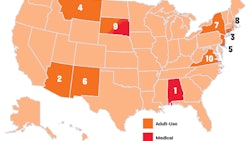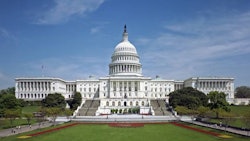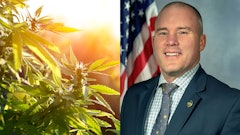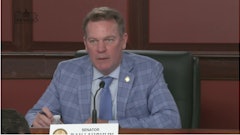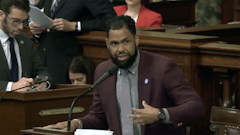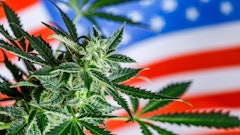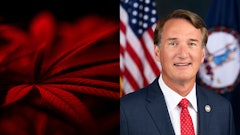
South Dakota lawmakers advanced an adult-use cannabis legalization proposal Oct. 19 as the state’s Supreme Court continues to consider whether Constitutional Amendment A, which voters approved in the 2020 election, is valid.
Amendment A passed with a 54.2% majority, but has been challenged in a lawsuit alleging that the measure violates South Dakota’s one-subject rule and does not simply amend the state constitution, but instead revises it. The revision, therefore, would require a constitutional convention to be called for by a three-fourths vote of members from both chambers of the South Dakota Legislature.
The voter-approved measure was previously ruled unconstitutional by a circuit judge before the case headed to the Supreme Court.
While the case remains pending, the Adult-Use Marijuana Study Subcommittee has been studying adult-use legalization in South Dakota since June, according to an AP News report. The subcommittee voted Oct. 19 to recommend a bill that would allow adults 21 and older to purchase up to 1 ounce of cannabis for personal use.
The legislation would also eliminate criminal charges for the possession of up to 4 ounces, but would ban public cannabis consumption, AP news reported.
The proposal would repeal most of South Dakota’s medical cannabis law that voters passed last year, according to the news outlet, although it would leave provisions intact to allow patients under 21 to use cannabis for medical purposes.
Home grow remains a controversial issue among lawmakers, AP News reported, and although a pair of Republican senators pushed to allow adults to cultivate plants at home, the provision was ultimately removed from the final bill.
The Adult-Use Marijuana Subcommittee’s approval of the legislation sends the proposal to two legislative committees for consideration, the news outlet reported. If both committees sign off on the bill, it must pass the full South Dakota Legislature next year before landing on the governor’s desk.
“Do we want to step forward and regulate it and put forward a good plan, or do we want to go against the will of the people who voted in the last election?” Rep. Tim Goodwin told the committee, according to AP News.
The full committee, which is studying both medical and adult-use cannabis, is expected to consider the legislation next week, the news outlet reported.








